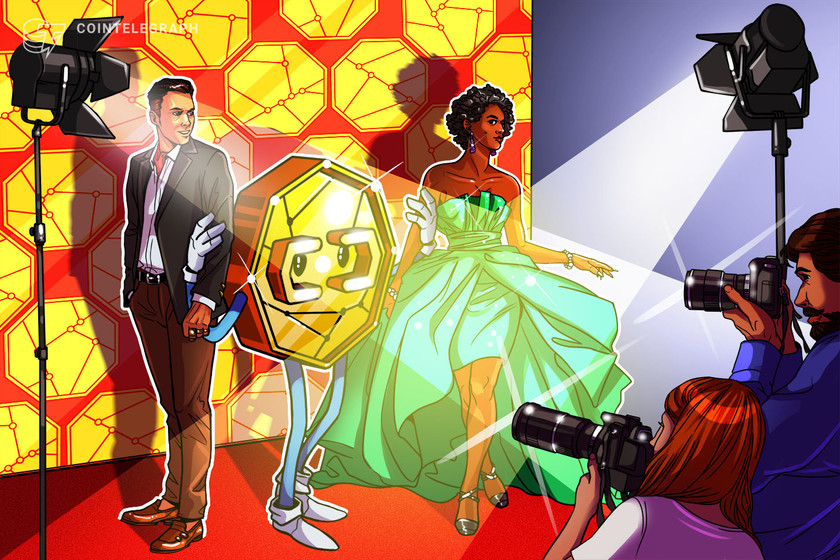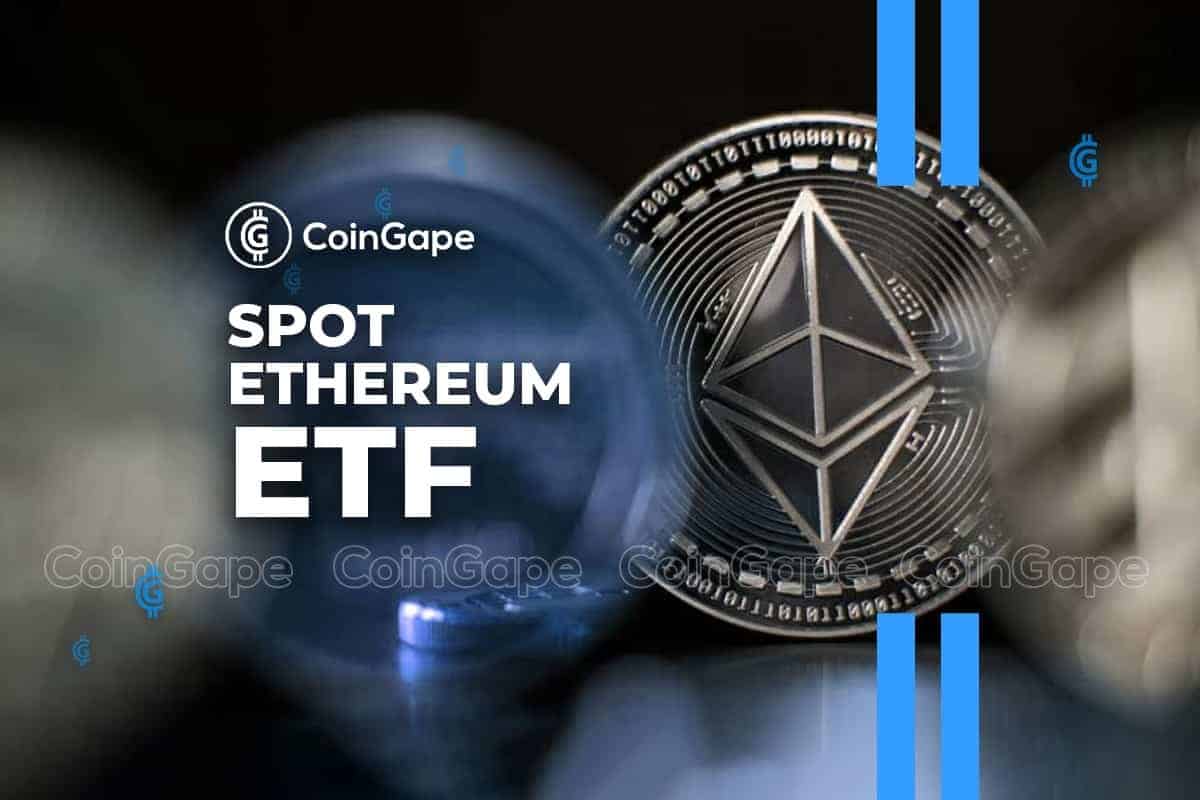
Gary Gensler said investors in crypto projects “should know why celebrities are making those endorsements,” as Kim Kardashian and Paul Pierce did for EMAX through social media.
The United States Securities and Exchange Commission has announced a $1.4-million settlement with former NBA player Paul Pierce for allegedly promoting a token project on social media.
In a Feb. 17 announcement, the SEC said Pierce touted EthereumMax (EMAX) tokens through social media channels without disclosing he had received payment for the promotion and made “false and misleading statements” regarding the project. According to the SEC, promoters paid the former NBA star $244,000 worth of EMAX in addition to him posting messages allegedly showing misleading information about profits on Twitter.
The financial regulator has previously targeted celebrities promoting EthereumMax tokens. The SEC announced a $1.2-million settlement in October 2022 with Kim Kardashian for similar charges as those Pierce was facing — in that case, she failed to disclose a $250,000 payment to publish a story on her Instagram promoting EMAX tokens.
“This case is yet another reminder to celebrities: The law requires you to disclose to the public from whom and how much you are getting paid to promote investment in securities, and you can’t lie to investors when you tout a security,” said SEC Chair Gary Gensler. “When celebrities endorse investment opportunities, including crypto asset securities, investors should be careful to research if the investments are right for them, and they should know why celebrities are making those endorsements.”
Today we announced charges against former NBA player Paul Pierce for touting EMAX tokens on social media without disclosing the payment he received for the promotion and for making false and misleading promotional statements about the same crypto asset.
— U.S. Securities and Exchange Commission (@SECGov) February 17, 2023
As part of the settlement, Pierce paid a $1.115-million penalty to the SEC and roughly $240,000 in disgorgement and agreed not to promote any crypto projects considered to be securities for three years. SEC Enforcement Director Gurbir Grewal added:
“Investors are entitled to know whether a promotor of a security is unbiased, and Mr. Pierce failed to disclose this information.”
Related: Breaking: Circle squashes rumors of planned SEC enforcement action
The move from the SEC was the latest in what many critics have called a “regulation by enforcement” approach to crypto projects the agency considered securities. On Feb. 9, the financial regulator announced that it had reached a settlement with Kraken, in which the crypto exchange agreed to stop offering staking services or programs to U.S. clients.





